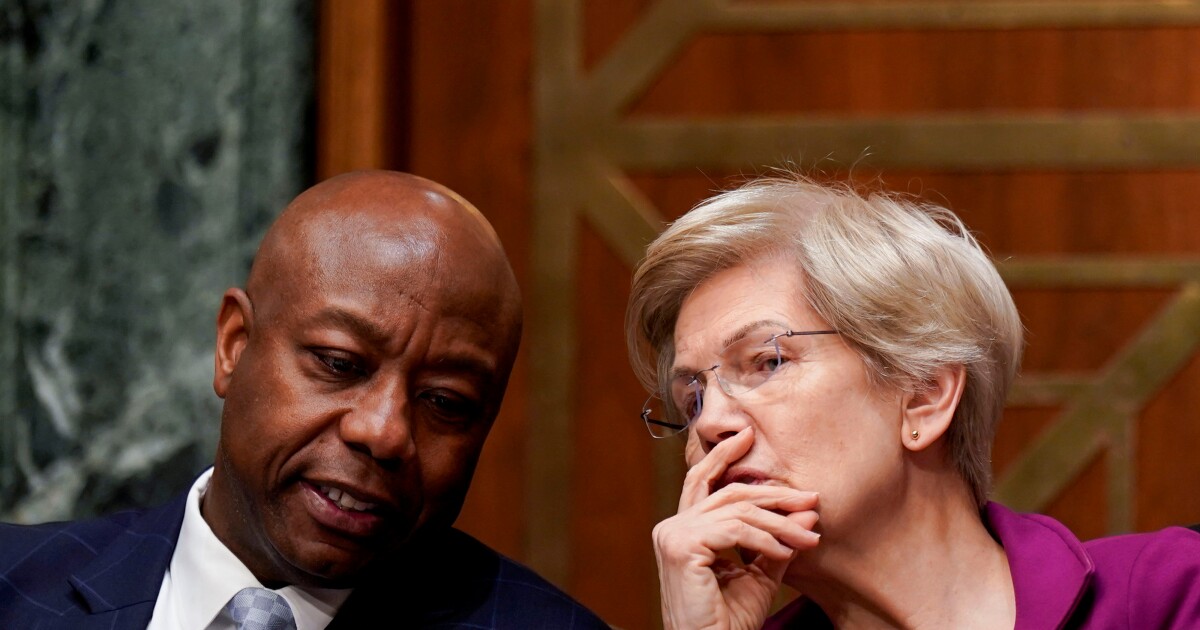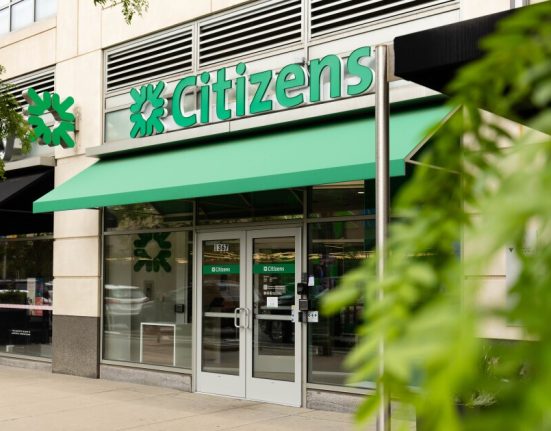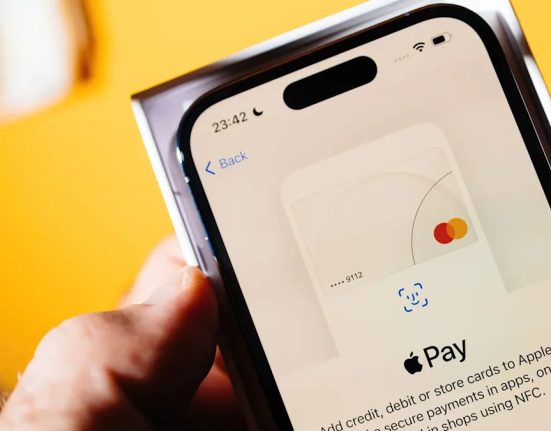Bloomberg News
Consumer advocates are urging lawmakers to hold hearings on why the Consumer Financial Protection Bureau is
On Tuesday, 26 consumer groups sent a letter to Senate Banking Committee Chair Tim Scott, R-S.C., House Financial Services Committee Chair French Hill, R-Ark., and ranking members Sen. Elizabeth Warren, D-Mass., and Rep. Maxine Waters, D-Calif., asking for Congress to protect consumers’ financial data privacy rights.
“We respectfully request that you conduct hearings in your respective committees
on personal financial data rights, the proposed new rulemaking, big bank data-sharing fees, and their implications for privacy, competition, and innovation,” the letter states.
Last month,
“The introduction of fees between industry sectors risks distorting market dynamics by creating anti-competitive pressures, where dominant players in one sector can impose costs and exert their strategic preferences on other participants,” consumer advocates said in the letter. “These recent developments mark a staggering reversal of course — not only from the thoughtful privacy framework established by the CFPB’s final rule but also from an industry-driven consensus built over 15 years that consumers, not companies, own their data.”
Section 1033 of the Dodd-Frank Act of 2010, which authorized the CFPB to create a rule on personal financial data rights, does not expressly authorize the CFPB to prohibit charging fees. But the rule finalized in October does prohibit data providers from charging fees to offset costs.
Consumer groups want lawmakers to examine why the CFPB’s open banking rule, which was
“In its rush to deregulate everything, the new administration has once again undermined the interests of consumers,” said Adam Rust, director of financial services at the Consumer Federation of America, in an email. “We are calling on Congress to conduct hearings to hold the CFPB accountable to not forget consumers in its rush to settle a dispute between fintechs and banks. In this case, they have also upended innovation and competition.”
Meanwhile, the fight over the open banking rule continues to play out in federal court with bank trade groups asking a judge to
The court case comes amid
“The new data sharing rule should be the old data sharing rule,” Rust said in an email. “The original rule ensured people would have control over how their personal financial information was collected, shared, and stored.”
The open banking rule “establishes some of the strongest data privacy protections we have seen at the federal level,” the advocates’ letter states. It also ensures “that consumers’ agents, trustees, and representatives act ‘on behalf of the consumer,’ and … not engage in inappropriate secondary uses of consumer data.”
The rule finalized last year was specifically designed to ensure that bank account transaction data is protected, transferred accurately to third parties, and deleted when it’s no longer needed or when a consumer revokes access.
In October, when the Bank Policy Institute, the Kentucky Bankers Association and a community bank in Lexington, Kentucky, filed a lawsuit against the CFPB, the plaintiffs alleged that the bureau exceeded its statutory authority. They claimed the bureau was jeopardizing the safety and soundness of the banking system by limiting banks’ ability to deny third parties’ access to financial information.
Advocates claim the banks have changed course now that the administration is rewriting the rule, potentially in their favor.
“The very same day the rule was finalized, the nation’s largest banks sued on fundamental grounds that had not been included in their comment Letters,” the groups stated. “Their new position is that consumers’ data belongs to the banks, that consumers have no rights to share their information via their agents, and that banks should be compensated for data sharing.”
“Perhaps not coincidentally, JPMorgan Chase appears to be capitalizing on this regulatory uncertainty by moving to charge steep fees for access to consumer data,” the letter continued. “According to news reports, the proposed pricing is so high that it could undermine the growth of emerging ‘pay-by-bank’ payment innovations, making it harder for new entrants to compete and for consumers and merchants to benefit from lower-cost payment alternatives.”







